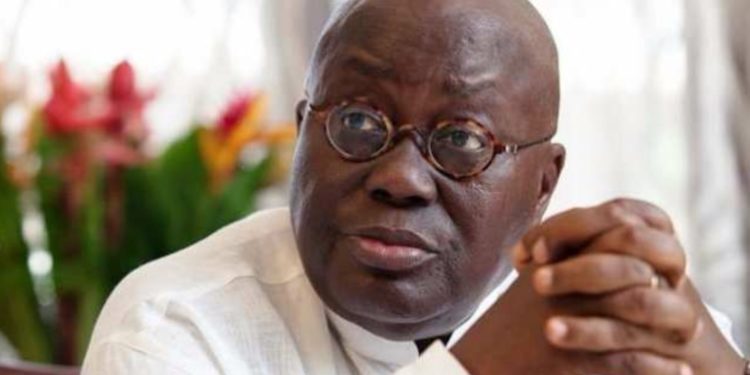Joy News Room has intercepted a document detailing which Power Purchase Agreement (PPA) has been terminated or modified; an action government believes will save the country some $7billion.
But for the termination or renegotiation, the government would have spent an estimated $586m per annum for 13 years to fund excess or surplus power.
These were part of the conclusions arrived at by a committee set up by the government to review the PPAs by the Electricity Company of Ghana under the erstwhile John Mahama administration.
“The Committee established that, even though capacity additions will be required in the years to come, the scheduled capacity addition from the executed PPAs is in excess of the required economic and sustainable capacity additions which include a 20% reserve margin,” the report said.
As a result, three PPAs including ASG, and Chrispod Hydro Power Ltd have been terminated with eight other agreements also scheduled for termination.
In addition, four PPAs including Rotan Power have been deferred to be completed between 2018-2025, while three other PPAs will proceed without modification.
In all, 24 power purchase agreements were reviewed leading to the termination of 11 power deals and the rescheduling of 8 others.
The committee headed by Dr. Alfred Ofosu Ahenkorah, Executive Secretary, Energy Commission, had 17 members who were commissioned to find a new dynamic supply-demand equilibrium over time in order to determine how to absorb the projected overcapacity by determining which projects to cancel, defer or allow to proceed.
The erstwhile John Mahama government in a bid to fight the power crisis which crippled the country’s economy between 2012 and 2016 entered into a number of power agreements aimed at improving the country’s power generation.

But the Ofosu Ahenkorah committee, having looked at the demand categories including “domestic, export, transmission and network losses as well as reserve margin” concluded that the agreements entered into by the John Mahama government will create surplus power which will be costly to maintain.
Per the arrangement by the erstwhile administration, there will be 524MW of power supply in 2018, when only a few of the scheduled projects would have been completed, to a maximum of 2,887 MW in 2021.
“This would result in an average excess capacity of about 1463 MW per annum at an estimated average cost of USD 586 Million per annum within the period from 2018-2030.
“…Comparing the cost of the excess capacities with the cost of terminating some PPAs and deferring others to match the demand projection, it made economic sense to terminate and defer some PPAs,” the committee report found.
With the termination or modification, there will be a reduction of the “average annual excess capacity from 1463 MW to 46.5 MW and the average annual cost of the excess capacity (including estimated cost of termination) from USD586 Million to USD26.59 Million. The onetime cost of termination is USD57.00 Million for three PPAs which may be terminated.”
The President had only recently quoted portions of the report during a business meeting in the US, touting how the government had saved a whopping $7billion to the state.
But the Minority in Parliament challenged the claim and dared the government to put out which of the power agreements have been terminated or modified.
Adam Mutawakilu, Minority spokesperson on Energy insisted the government cannot talk about savings when it has not calculated the potential benefits the country will get from the export of the surplus power to neighbouring countries.
However, per the report sighted by the 18-member committee demand and supply variations were considered before the Powere agreements were terminated.
Share this story…








